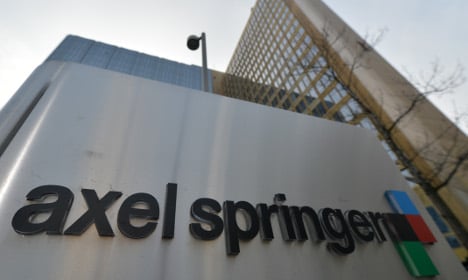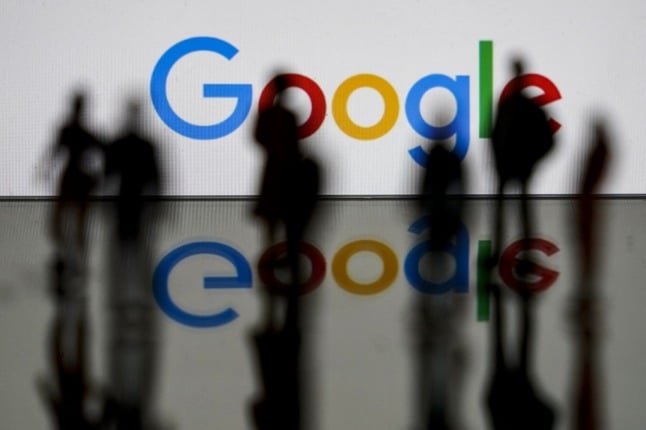Despite the crushing setback, the Berlin-based publisher of Europe's top-selling newspaper Bild is expected to press ahead with an aggressive acquisition strategy to bolster its international profile, particularly in digital media.
Chief executive Mathias Doepfner said in March that the company had undergone “significant changes, both structurally and culturally”.
“During the course of this year, we will further invest systematically in the digital expansion,” he said.
By then, what reportedly turned out to be a year-long bid to woo the Financial Times (FT) was in full swing.
Thursday's dramatic turn of events stunned sector watchers as the German company was widely rumoured to be within reach of buying the prestigious salmon-pink business paper founded in 1888 from Britain's Pearson.
Several media outlets — including the FT itself — reported that the deal was nearly sealed until Axel Springer dropped the bombshell in a terse statement that it would “not acquire the Financial Times Group”.
Minutes later, the news broke that Nikkei had pipped Germans to the post for the publication with a globally recognized brand and a paid online edition representing no less than 70 percent of its readership.
The FT would have added a 21st century thoroughbred to Springer's stable of publications, but Nikkei emerged victorious in the end with a $1.3 billion offer Springer reportedly refused to top.
“It went down to the last ten minutes,” a source close to the talks told the FT.
Last year, Springer made a high-profile foray into English-language media with a 50-50 joint venture for a European edition of Politico, a popular online news operation that offers insider takes on US politics. The new site launched in Brussels in April.
Mere minnows
Springer has also blazed a trail in the media publishing industry in Germany, which has evolved more slowly than in the United States or Britain.
It introduced a scaled payment model for the online edition of Bild in 2013, offering free teasers while putting premium content behind paywalls.
Recognizing the decline of print, Springer has unloaded dozens of magazines and regional newspapers while snapping up websites around Europe, particularly those specializing in classified ads such as online job board StepStone.
However, those outfits were mere minnows, while attempts to net big fish, such as Britain's Daily Telegraph a decade ago, came up short.
Its bid to buy German commercial television group ProSiebenSAT1 in 2006 also failed when the deal was blocked by competition authorities.
Seven years later, Springer bought German rolling news channel N24, its first television acquisition.
Group sales surged eight percent last year to just over €3 billion ($3.3 billion), with its digital sector accounting for more than half of the group's revenues.
Analysts for Deutsche Bank said in a prescient research note last month that the company's growth in digital subscribers, coupled with expansion in the US and British markets, could “mark the starting point of the next step in the transformation of Axel Springer”.
“We note however that it may not be easy to find the right targets at a reasonable valuation — especially in the Anglo-Saxon world,” they wrote.
The company is due to announce its quarterly results on August 4th, when Doepfner is expected to reveal at least hints of where he sees the road ahead leading.



 Please whitelist us to continue reading.
Please whitelist us to continue reading.
Member comments